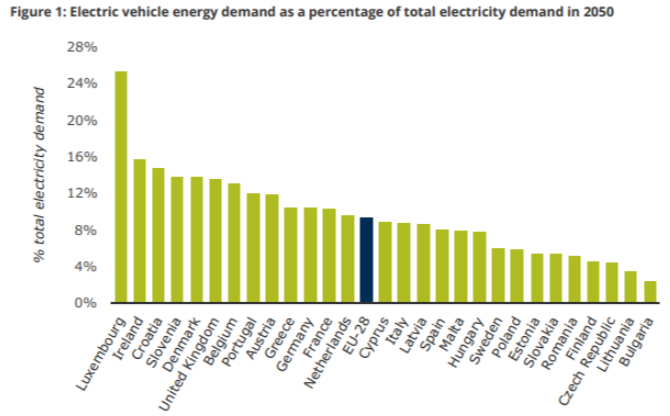With a steep rise in electronic vehicles, questions around the UK electricity consumption for charging these cars and their impact on energy prices are becoming increasingly pertinent. According to a comprehensive report by the European Environment Agency (EEA), the UK’s electricity consumption due to electric car charging could skyrocket from 0.03% in 2014 to an astounding 9.5% by 2050. But how will this shape our energy landscape?

The Surge in Electric Cars and the Challenges for the Grid
A significant shift in consumer behaviour is being witnessed, with the government initiating a ban on new petrol and diesel cars and vans by 2040. This signals a transition to an era of electric vehicles, with the EEA predicting that by 2050, 80% of vehicles will run on electricity. However, this drastic change presents substantial challenges for electric grids to accommodate the additional demand.
Electricity Demand and Generation Sources for Electric Cars
The electricity needed to charge cars is projected to be substantial. As per a National Grid report, peak electricity demand could witness an uptick of up to 50% by 2040. This raises the question, what kind of electricity generation sources would fill the demand? Currently, we generate just 28% of our energy from renewable sources, indicating considerable room for improvement.
Embracing Battery Technology and Smart Grids
The key to managing peaks and troughs in charging cars lies in leveraging advancing battery technology and smart grids. Storing excess generation during off-peak times for usage when needed can help balance the grid load. For instance, energy from renewable sources like the North Sea’s Offshore Wind Farm could be stored overnight for utilisation during peak hours.
Developing Infrastructure and Reducing Carbon Intensity
To make electric vehicle charging sustainable and to reduce the UK’s Carbon Intensity (gCO2eq/kWh), an upgrade in infrastructure is essential. Electric cars are a greener alternative, emitting far less CO2 than petrol and diesel vehicles. However, to support 80% of the UK’s vehicles running on electricity, we need an increase in renewable energy production and suitable electric charging infrastructure.
Change in Consumer Behaviour and the Role of Local Charge Points
The Netherlands has set an example by integrating electric car charging points into their city landscapes. Electric car parking spaces on each street facilitate drivers to charge their cars with ease. Could a similar model encourage a change in consumer behaviour in the UK?
The Road Ahead: Collaboration for Electric Cars Infrastructure
The transition to electric cars demands a holistic approach. It requires collaboration between the automotive industry, the energy sector, and the government to ensure a sustainable future for generations to come. As we move towards a future powered by electric cars, the impact on energy prices and the grid will be a key focus, demanding proactive planning and strategic investment.
In conclusion, the rise of electric cars brings unique challenges and opportunities. To adapt successfully, we must make concerted efforts towards efficient energy management, smart grid technology and infrastructure development.



Share this article